Ho Chi Minh City: A female patient was admitted to the hospital in an agitated state, with suicidal thoughts, and was treated with magnetic stimulation through the skull.
Ms. Dang Ngoc Minh (20 years old, District 3) was taken to Tam Anh General Hospital in Ho Chi Minh City by her family in early May. Her family shared that recently, Minh had shown strange symptoms such as often talking about death, being depressed, wanting to be alone, being uncooperative, and not being interested in daily activities. Minh also self-harmed to reduce negative emotions.
Dr. Nguyen Phuong Trang (Department of Neurology, Neurology Center, Tam Anh General Hospital, Ho Chi Minh City) clinically examined, performed assessments, and diagnosed a patient with severe depression. If not treated early, other parts of the body (heart, blood pressure, stomach, etc.) will also be affected. The patient also has prolonged insomnia, cannot control negative emotions and thoughts, and is prone to behaviors that harm themselves and those around them.
Patients are treated with medication and a transcranial magnetic stimulator for quick action, reducing dependence on medication. According to Dr. Trang, this new technique is non-invasive, painless, and creates electronic waves that pass through the skull (capacity from 3,000 to 8,000 amperes). These waves will stimulate nerve cells and change the neuroelectric function in the corresponding brain region, bringing about effectiveness.
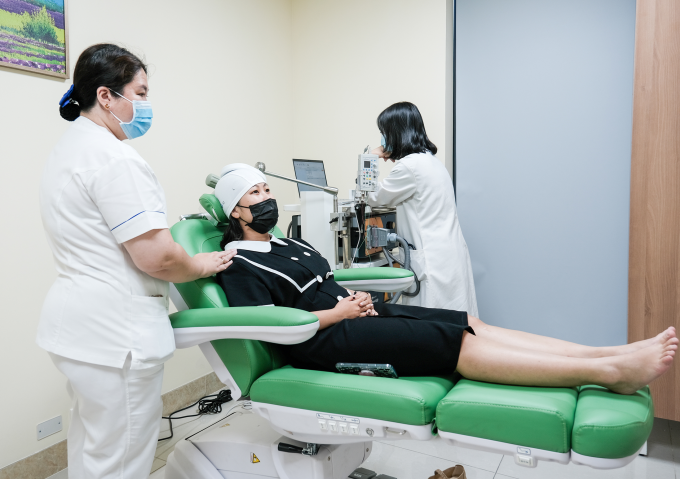
Patient treated with transcranial magnetic stimulation. Photo: Provided by the hospital
The patient was treated with 6 consecutive courses of treatment. Each course lasted 5 days, once a day. After that, continue to space out 1-2 times a week until the symptoms disappear. After the first course of treatment, the doctor assessed that the disease had reduced by more than 50%, with a good prognosis. Currently, Ms. Minh has started the 4th and 5th courses of treatment, with almost no symptoms; sleeping well and being happier.
"At first, when I heard about transcranial magnetic stimulation, I was afraid of the pain so I hesitated. However, the first time, the procedure was quick, there was no need to puncture or cause pain so I felt very secure," said the patient.
Dr. Trang added that, in addition to treating anxiety and depression, transcranial magnetic stimulation is also used to treat headaches, migraines, and degenerative neurological disorders such as Parkinson's, amyotrophic lateral sclerosis, multiple sclerosis, cognitive impairment, Alzheimer's, etc. This technique also supports rehabilitation after stroke or brain injury, and treatment of smoking, nicotine, and alcohol addiction. This is an outpatient treatment method, and patients can go home and resume normal activities.
Dung Nguyen
* Patient's name has been changed.
Source link




![[Photo] National Assembly Chairman Tran Thanh Man receives First Vice Chairman of the Federation Council of the Federal Assembly of the Russian Federation](/_next/image?url=https%3A%2F%2Fvphoto.vietnam.vn%2Fthumb%2F1200x675%2Fvietnam%2Fresource%2FIMAGE%2F2025%2F12%2F02%2F1764648408509_ndo_br_bnd-8452-jpg.webp&w=3840&q=75)



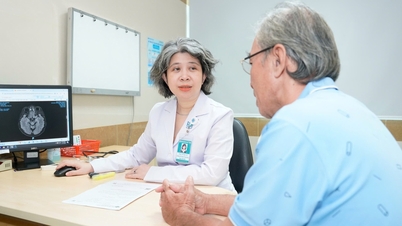







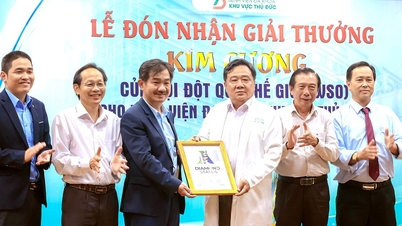





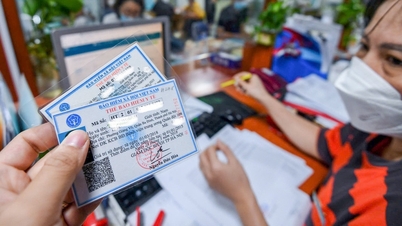


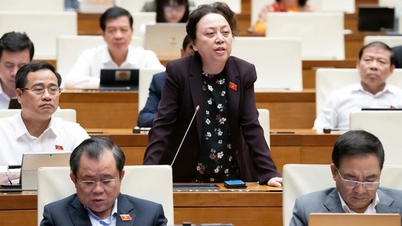

























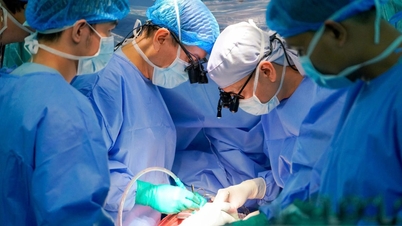

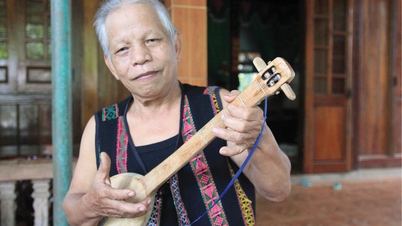

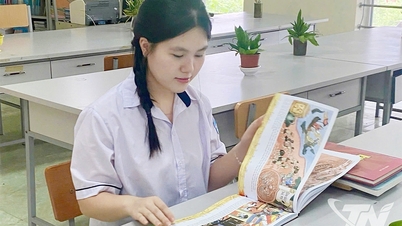









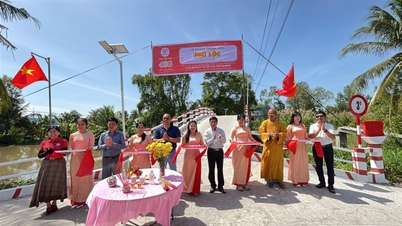












![[Photo] General Secretary To Lam and his wife attend the 50th Anniversary of Laos National Day](https://vphoto.vietnam.vn/thumb/402x226/vietnam/resource/IMAGE/2025/12/02/1764644139308_1.jpeg)






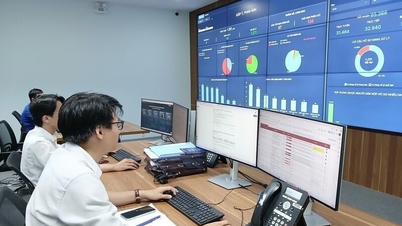
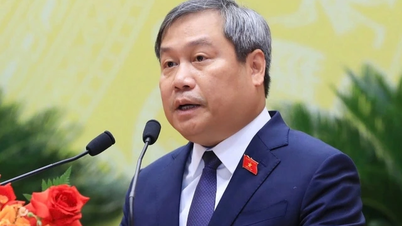
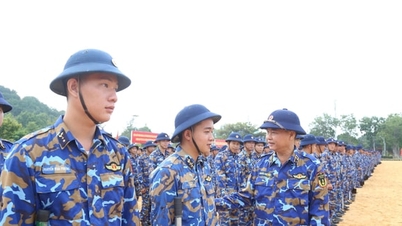


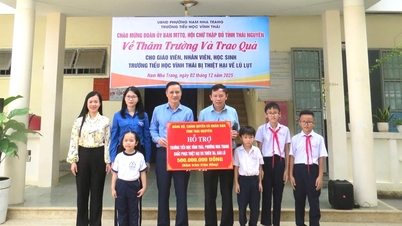

















Comment (0)